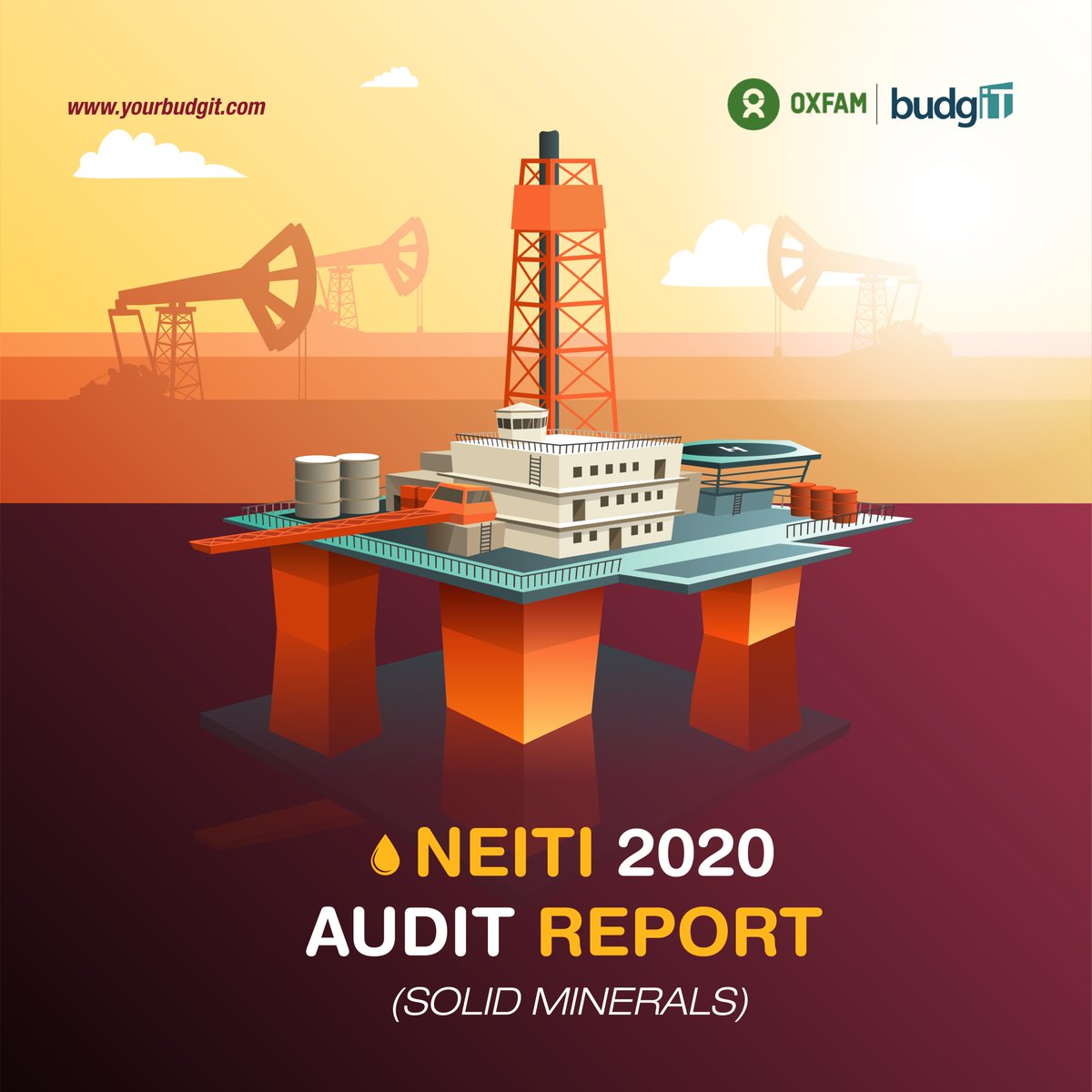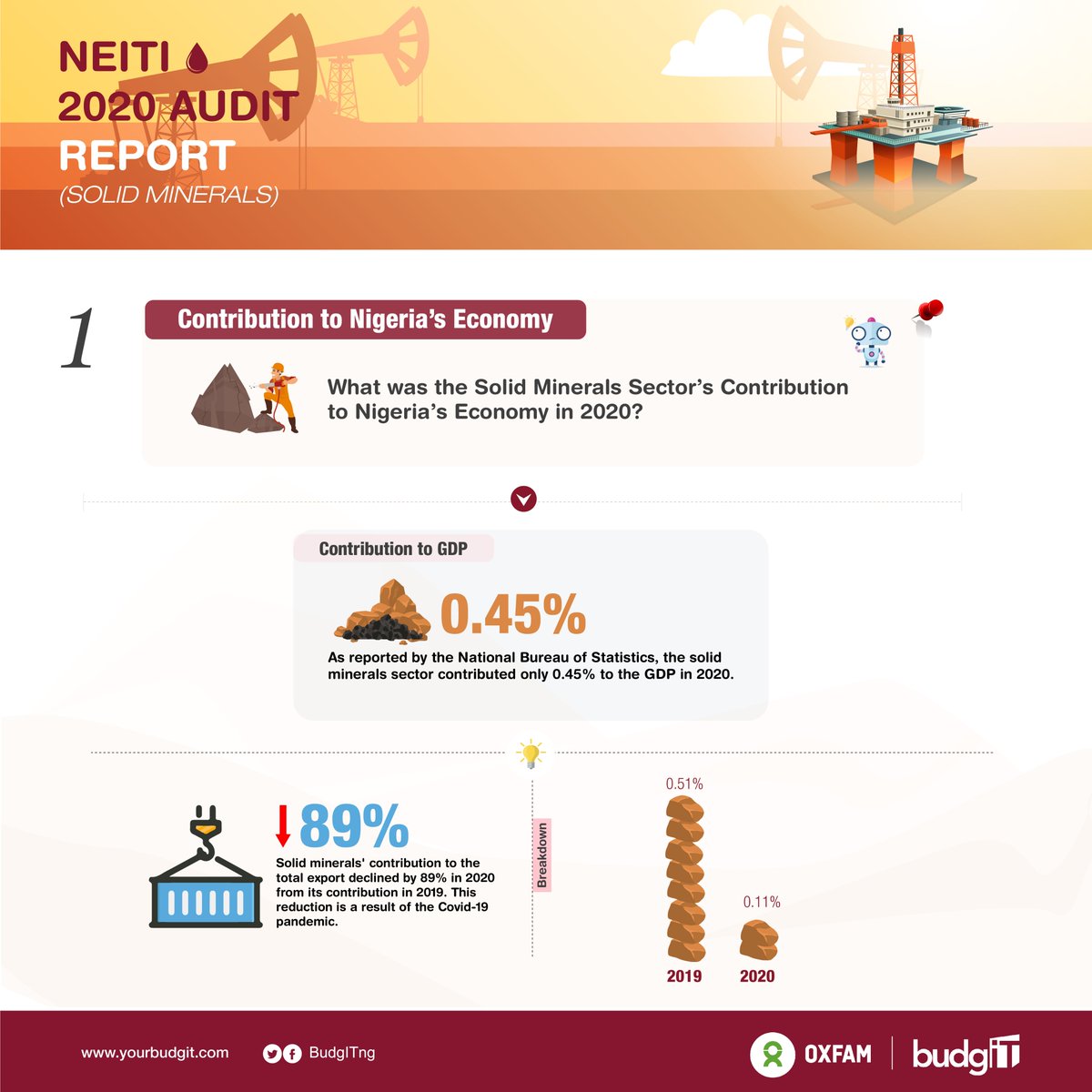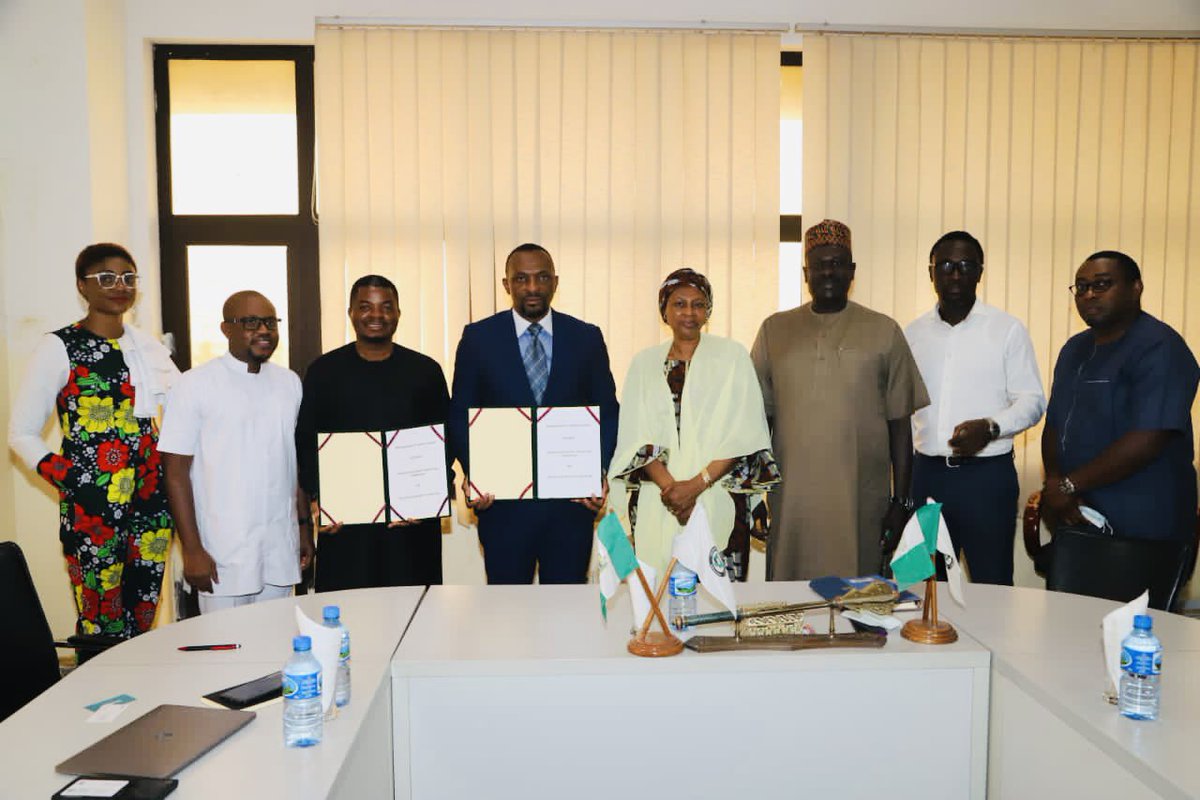
@BudgITng, in collaboration with @oxfam, continues to advocate for accountability and transparency in the extractive sector through #opencontracting. #FixOurOil
Thread!
Thread!

Open contracting is a procurement method that supports feedback and increases competition among potential contractors. It is crucial for transparency purposes and will help prevent fraud and corruption. #FixOurOil 



Countries worldwide are adopting open contracting to promote best practices for public procurement disclosures and participation. Nigeria is one of the countries making great efforts to increase contract transparency. #FixOurOil 

Open contracting is beneficial to a lot of sectors. For example, the health sector stands to benefit from improved service delivery and accountability in the health system.#FixOurOil 

It will also increase transparency and accountability, quality infrastructure delivery, promote civic engagement, and enhance due process, especially in the sector. #FixOurOil 



There is a need for the government to also create innovations on how to make the contracting process open and accessible to citizens. #FixOurOil 

The media and civil society also have vital roles in advocating for transparency, governance and policy reforms that can improve the extractive sector.#FixOurOil 

• • •
Missing some Tweet in this thread? You can try to
force a refresh




























